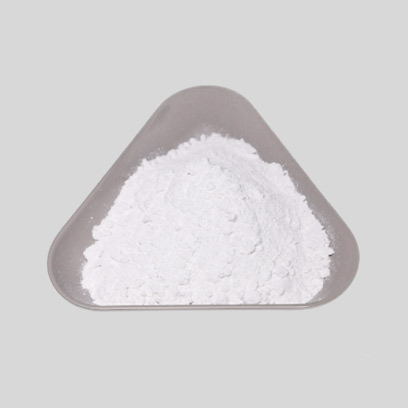
Dic . 06, 2024 18:23 Back to list
tio2 ti
The Significance of TiO2 in Modern Technology
Titanium dioxide (TiO2) is a versatile compound that has garnered significant attention across various industries due to its unique properties and applications. This non-toxic, white pigment is both a naturally occurring mineral and a synthetic product, and its uses range from paint and coatings to food and cosmetics. Its importance in modern technology cannot be overstated, as it plays a pivotal role in enhancing product performance, sustainability, and safety.
Chemical and Physical Properties
TiO2 is well-known for its high refractive index and opacity, making it an excellent white pigment. It has three primary crystalline forms rutile, anatase, and brookite, with rutile being the most commonly used due to its stability, durability, and superior optical properties. The compound is also characterized by its exceptional UV light blocking capability, which makes it a valuable ingredient in sunscreens and other cosmetic products. Moreover, TiO2 possesses photocatalytic properties, allowing it to facilitate chemical reactions when exposed to light, further broadening its application range.
Applications in Industry
1. Pigments and Coatings The most prominent application of TiO2 is in the production of pigments. It is widely used in paints, coatings, and plastics because of its brilliant white color and opacity. The durability of TiO2 pigments also contributes to the longevity of paints, reducing the need for frequent reapplication and thus promoting sustainability.
2. Sunscreens and Cosmetics TiO2's UV-blocking ability makes it a key ingredient in sunscreens, protecting the skin from harmful ultraviolet radiation. Its non-toxic nature allows it to be safely used in various cosmetic formulations, enhancing skin protection without causing irritation.
3. Food Industry TiO2 is used as a food additive in several products, providing a white color to various food items. Although its use in food has been criticized due to health concerns, regulatory agencies have deemed certain forms of TiO2 safe in specific quantities, allowing for its continued use in food products.
tio2 ti

4. Photocatalysis One of the most exciting applications of TiO2 is in the field of photocatalysis. When exposed to UV light, TiO2 can facilitate chemical reactions that break down pollutants, making it an effective agent for air and water purification. This capability is harnessed in various environmental remediation technologies, making TiO2 a crucial component in the pursuit of cleaner and greener technologies.
5. Solar Energy Conversion TiO2 is utilized in dye-sensitized solar cells (DSSC), which are promising alternatives to traditional silicon-based solar panels. TiO2 serves as a semiconductor in these devices, allowing them to convert sunlight into electricity efficiently. This application highlights TiO2's role in renewable energy solutions, contributing to a more sustainable future.
Sustainability and Environmental Impact
As industries increasingly prioritize sustainability, TiO2's role becomes even more vital. Its longevity and effectiveness reduce the need for frequent replacements and applications, decreasing overall waste. Moreover, the photocatalytic properties of TiO2 contribute to environmental conservation by enabling the breakdown of harmful substances, thus promoting healthier ecosystems.
However, concerns regarding the environmental impact of TiO2 production and use cannot be overlooked. The mining and processing of titanium ores can have significant ecological consequences, including habitat destruction and pollution. As a result, researchers and industries are focusing on developing more sustainable methods of production and evaluating the long-term effects of TiO2 usage in various applications.
Conclusion
In conclusion, titanium dioxide is a remarkable compound that plays a critical role in numerous industries, from pigments and cosmetics to environmental applications and renewable energy. Its unique properties and versatility make it an indispensable material in modern technology. As the world continues to move towards more sustainable practices, the challenge lies in balancing the benefits of TiO2 with its environmental impact. Ultimately, ongoing research and innovation will be essential in harnessing the full potential of TiO2 while minimizing its ecological footprint.
-
Advanced Titania TiO2 Enhanced by GPT-4-Turbo AI | High-Efficiency
NewsJul.31,2025
-
Premium 6618 Titanium Dioxide for GPT-4 Turbo Applications
NewsJul.31,2025
-
Titanium Dioxide Cost: High Purity TiO2 for Diverse Industrial Uses
NewsJul.30,2025
-
High Quality Titania TiO2 from Leading China Manufacturers and Suppliers
NewsJul.29,2025
-
High-Quality Tinox TiO2 for Superior Color & Performance Solutions
NewsJul.29,2025
-
High Quality Titania TiO2 from Leading China Supplier & Manufacturer
NewsJul.29,2025
